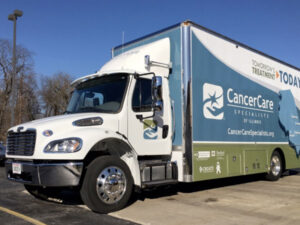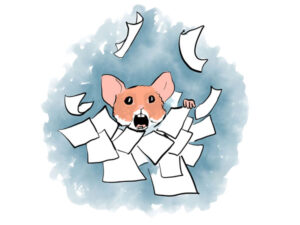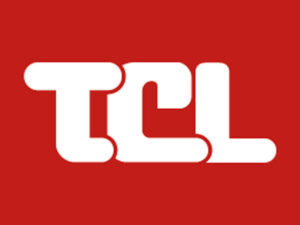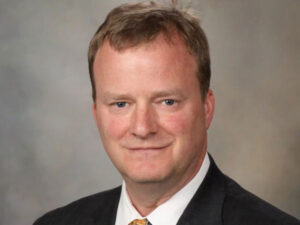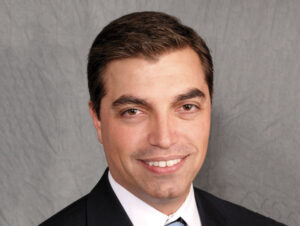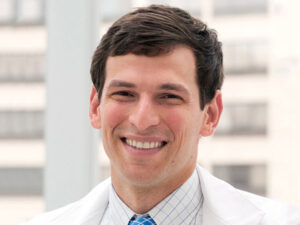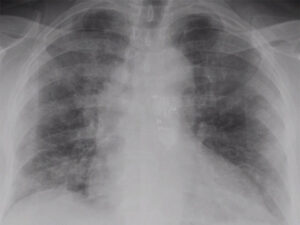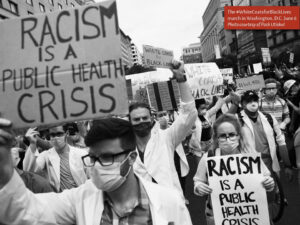People living in rural communities are often located far away from the major cancer centers that offer a full spectrum of treatments, including clinical trials.
Early in the War Against Cancer, when huge amounts of federal funds were suddenly funneled into cancer research, many scientists and clinicians working in other fields suddenly found it convenient—if not essential—to incorporate cancer into the title of their grant applications.
The American Cancer Society has raised $160 million so far this year, an astonishingly low number for an organization that historically has booked about half of its funds from walks, runs, and relays that take place in the spring and early summer.
The COVID-19 pandemic will likely cause at least 10,000 excess deaths from breast cancer and colorectal cancer over the next 10 years in the United States.
The Cancer Letter received five 2020 Dateline Awards from the Washington, D.C. Chapter of the Society of Professional Journalists:
In the midst of the heavy burden COVID-19 has placed on the health care system, cancer remains relentless. The already difficult journey for cancer patients has become more uncertain as the ways we provide and access healthcare have changed to accommodate measures that protect both health care providers and cancer patients from COVID-19.
As we approach the middle of June, Georgia appears to have come to the other side of its COVID-19 curve. Available information from the Georgia Department of Health reveals Georgia has nearly 54,000 confirmed COVID-19 cases, with the heaviest concentration of cases in the metro Atlanta area (as a result of population size, not density).
Fajgenbaum gained insight into COVID-19 while seeking treatment for Castleman disease (which he has)
David C. Fajgenbaum knows all about facing the unknown.
“It just dawned upon us, ‘Hey, we know how to block inflammation,’” recalls Louis Staudt, chief of NCI’s Lymphoid Malignancies Branch and director of the Center for Cancer Genomics.
A movement that began with a fatal chokehold on a Minneapolis street grew into demands for police reform, but outrage didn’t stop there. Amplifying, reverberating, it became a call for racial justice in medicine, in oncology.


